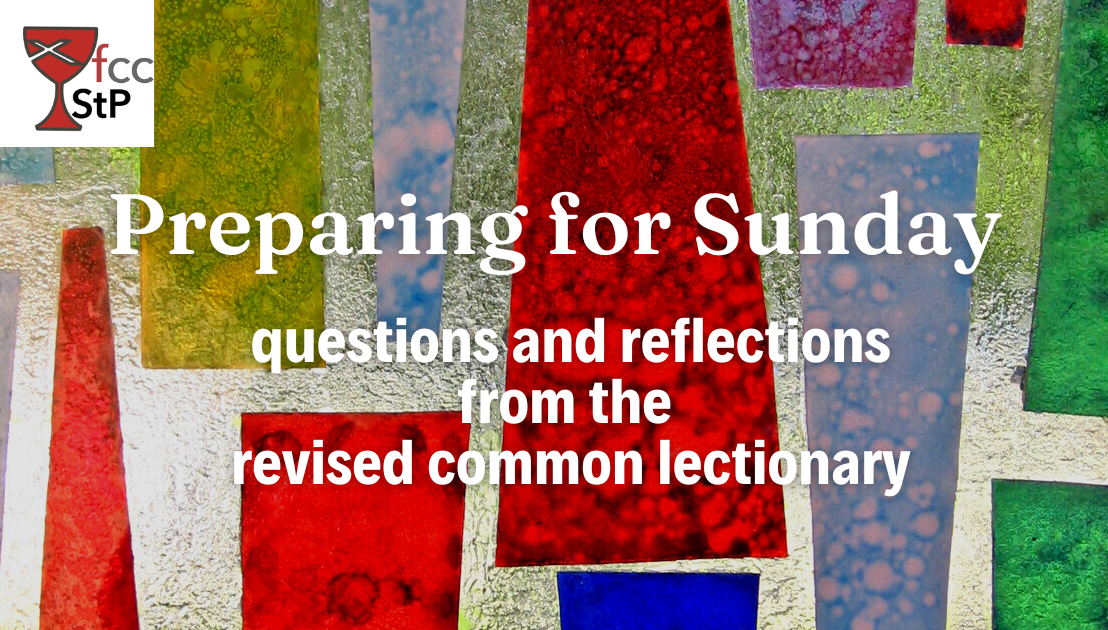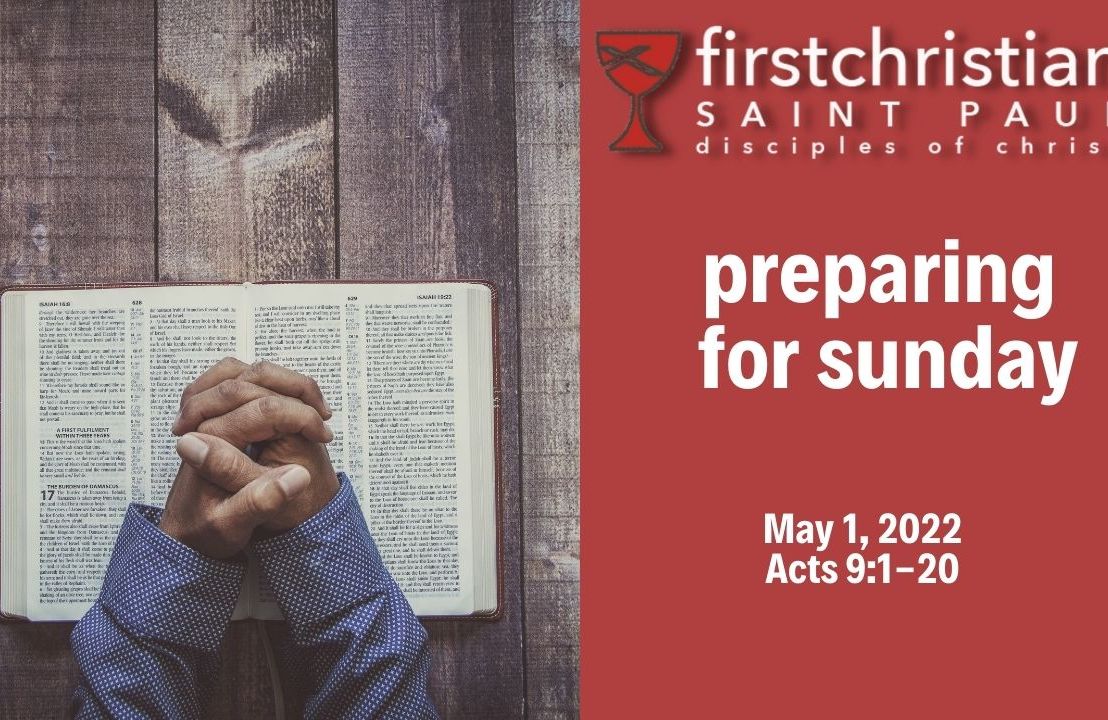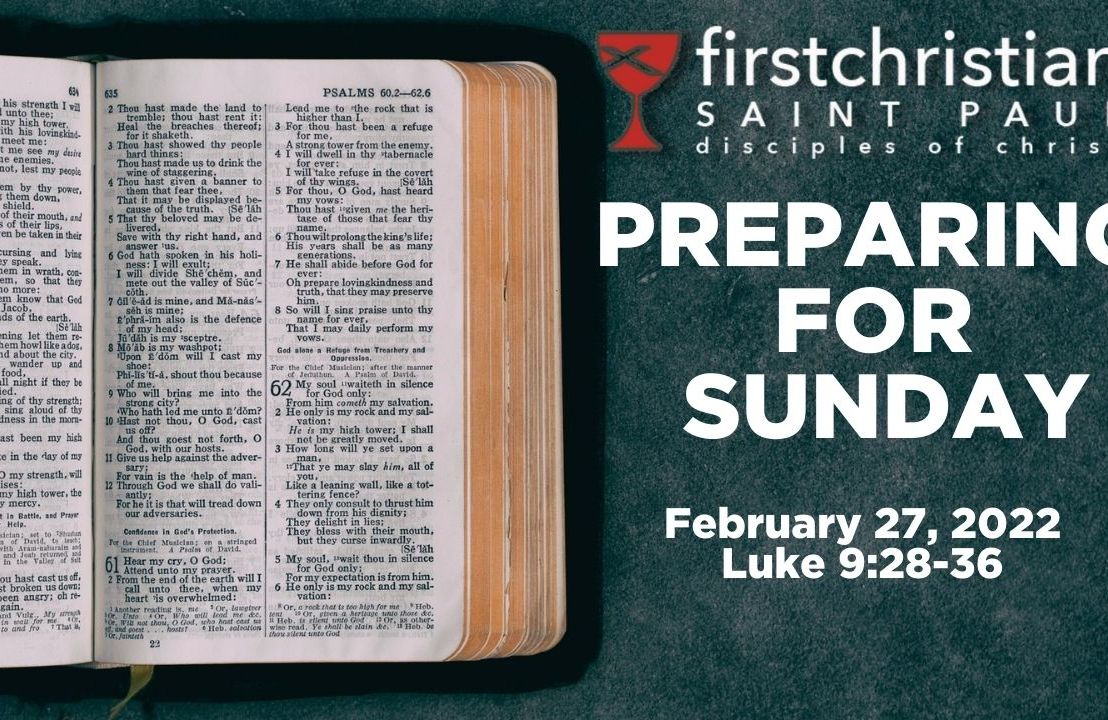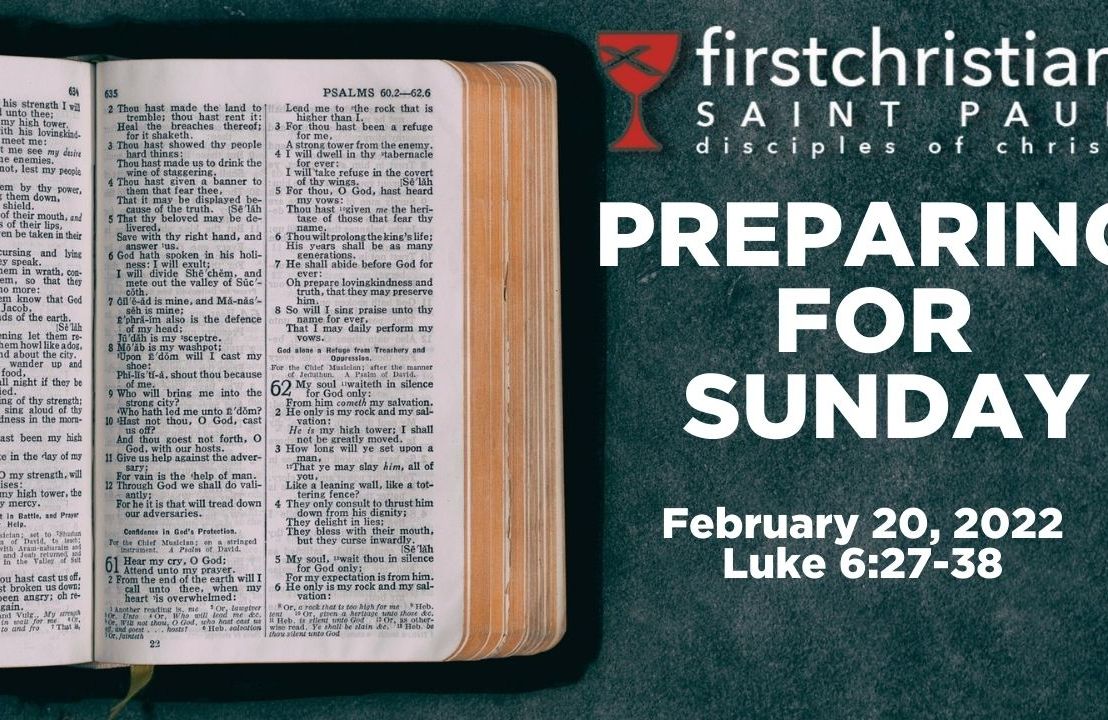James 2:1-17 New Revised Standard Version
2 My brothers and sisters, do you with your acts of favoritism really believe in our glorious Lord Jesus Christ? 2 For if a person with gold rings and in fine clothes comes into your assembly, and if a poor person in dirty clothes also comes in, 3 and if you take notice of the one wearing the fine clothes and say, “Have a seat here, please,” while to the one who is poor you say, “Stand there,” or, “Sit at my feet,” 4 have you not made distinctions among yourselves, and become judges with evil thoughts? 5 Listen, my beloved brothers and sisters. Has not God chosen the poor in the world to be rich in faith and to be heirs of the kingdom that he has promised to those who love him? 6 But you have dishonored the poor. Is it not the rich who oppress you? Is it not they who drag you into court? 7 Is it not they who blaspheme the excellent name that was invoked over you?
8 You do well if you really fulfill the royal law according to the scripture, “You shall love your neighbor as yourself.” 9 But if you show partiality, you commit sin and are convicted by the law as transgressors. 10 For whoever keeps the whole law but fails in one point has become accountable for all of it. 11 For the one who said, “You shall not commit adultery,” also said, “You shall not murder.” Now if you do not commit adultery but if you murder, you have become a transgressor of the law. 12 So speak and so act as those who are to be judged by the law of liberty. 13 For judgment will be without mercy to anyone who has shown no mercy; mercy triumphs over judgment.
14 What good is it, my brothers and sisters, if you say you have faith but do not have works? Can faith save you? 15 If a brother or sister is naked and lacks daily food, 16 and one of you says to them, “Go in peace; keep warm and eat your fill,” and yet you do not supply their bodily needs, what is the good of that? 17 So faith by itself, if it has no works, is dead.
*********
If we’re honest, we all play favorites. There are some people we really don’t enjoy being around and others we really want to be with. I remember when church growth theory was all the rage, with its message of homogeneity. In other words, churches grow when we target specific groups of people because “birds of a feather flock together.” There is truth to this observation. But, apparently, that’s not the way it works with Jesus, who does play favorites. Though, he does seem to prefer bringing Peter, James, and John with him when he goes off by himself. At least that’s what I’ve noticed when reading the Gospels. Nevertheless, according to James, Jesus doesn’t want us to show favoritism.
Here in James 2, Jesus begins with a word about favoritism and then our reading ends with a word about faith being dead if it’s not accompanied by works. Once again, we see why Luther preferred Paul to James. Paul indeed focuses on grace and faith rather than works, but I’m not sure Paul would disagree with what James writes in this letter. After all, Paul takes the Corinthians to task for their classist behavior. But, we’re not focused here on Paul. Instead, we need to listen to what James has to say about wealth, partiality, murder and adultery, and more (the lectionary creators put verses 11-13, where we read the word about murder and adultery, in parentheses. So if you don’t like those verses you can skip over them). Behavior, in James’ estimation, is the best expression of one’s faith in Jesus.
At first sight, this is a word about egalitarianism that targets the wealthy, whom James warns the church against favoring over the poor. However, James not only warns against favoring the wealthy, who could be benefactors to the life of the church (what church wouldn’t like to have a few wealthy donors to endow the budget), but he also speaks of God’s decision to favor the poor. Much like the Magnificat, in which God brings down the rich and powerful and lifts up the poor and lowly (Lk. 1:46-55), James affirms God’s “preferential option for the poor.” What James does here in chapter 2 is contrast the way the rich and poor are often treated by society (including the church). It is to their shame as the church if they welcome with open arms the person with gold rings and fine clothes and then ignore the one who is poor and wearing dirty clothes. The persons James has in mind here are probably field hands and other workers who come to church after work, tired, hungry, and yes dirty. Whether slave or free, they likely weren’t paid well. Thus, they make up the working poor who are taken advantage of by the wealthy whom the church leaders may have wanted to honor by letting them take the seat of honor, while the poor are pushed to the side where they must either stand or sit on the floor. So, by showing partiality and making distinctions in this way, they become judges with evil thoughts. What should a preacher do with a passage like this? [A note here, in 2021 (when this reflection first appears), the text is due to be read on Labor Day, making this an interesting conversation for that day.]
One takeaway is that James provides the foundation for claiming God’s “preferential option for the poor.” In making his point here concerning the poor, James reflects the message of Jesus in the Sermon on the Mount, where Jesus declares: “Blessed are the poor in spirit, for theirs is the kingdom of heaven” (Mt.5:3). God takes the side of the underdog, the one who is marginalized. The wealthy, well, they know how to take care of themselves. As for the poor, they are oppressed by the rich. In fact, James suggests that readers of this letter are themselves the subject of abuse on the part of the rich who drag them into court. So, in honoring the rich and powerful who oppress they give honor to those who blaspheme the God who welcomes the poor. Thus, maybe Jesus does play favorites!
James brings the Law into the conversation, and that is the Royal Law, that one should love one’s neighbor as oneself (
Lev. 19:18). If you show partiality—toward the rich—then you transgress that law. This is on the same level as adultery and murder. So, the passage concludes with a reminder that faith without works is dead. It does nothing to say to a brother or sister who is naked and lacks daily food to “go in peace; keep warm and eat your fill.” Such faith is dead. It has no value. As Robert Wall points out, for James “the mere profession of orthodox faith does not save anyone if it is not demonstrated by works of mercy” [
Connections, p. 292]. Those who wish the preacher would stick to the “Gospel” and not engage in politics, probably won’t appreciate this word from James. Nevertheless, what sounds a lot like what some call the “Social Gospel,” if we take James seriously should we not say that this is the Gospel? That is, unless the Gospel is simply a matter of getting to heaven when we die, then surely the Gospel has something to say about how we live together in this world, in the here and now. That includes recognizing that Jesus doesn’t play favorites, except in lifting up those who are poor and marginalized, while bringing down those who are high and mighty!







